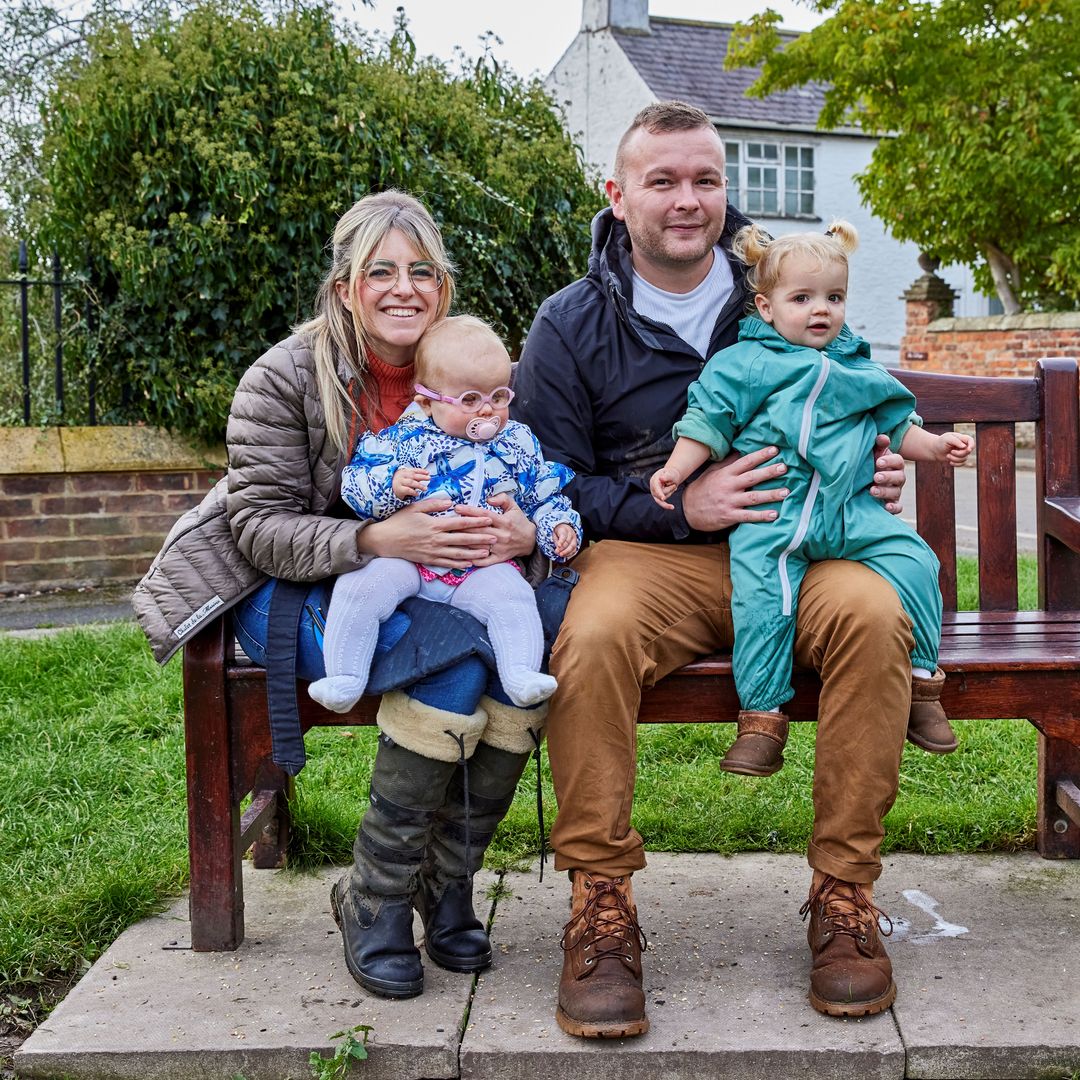Sleep can be a contentious subject for many new parents, who may find themselves exhausted from hourly wake ups with their baby and counting down the days until they start sleeping through the night.
But of course, just as all babies have their own unique temperament and personality, they also have their own sleep needs and habits – and while some start sleeping through the night at an early age, others may continue to wake up regularly way beyond their first year.
We caught up with baby sleep expert, Heidi Skudder, also known as the founder of Positively Parenthood, to get the lowdown on when babies start sleeping through the night and her advice on how to support your baby to sleep longer…
RELATED: 4 reasons why your baby won't stop crying and how to fix it
Is there a typical age that babies start sleeping through the night?
Research tells us that babies and toddlers can wake in the night for up to a few years, so there is never any need to worry if your baby is not sleeping through the night. That said, there is so much you can do to help your little one start sleeping through, if you are ready to. Generally in my experience, a baby is capable of sleeping through the night once they are on three solid meals a day and gaining weight, with no underlying medical issues.
MORE: 6 top tips for better and safer baby sleep
RELATED: 4 reasons why your baby won't stop crying and how to fix it
There are lots of reasons though why a baby may wake in the night, and not just hunger. For example if they are uncomfortable, are too cold, or too hot. Being able to signal to you and ask for your help is all part of parenting, so understanding that no one fully sleeps through the night and we all come into periods of light sleep and sometimes wake, is really important as a parent. Even if your baby is sleeping through the night from an early age, they will still have ups and downs as they change and develop.
How can you help your baby sleep longer?
There are some things parents can do to help their baby sleep longer
There are some key ingredients to getting longer night stretches that most parents find out later down the line, wishing they had been told them sooner. These could include;
Awake windows
A little bit of magic, gold dust if you like. All age babies have a specific awake window to their age, this is a time that stretches from when they wake to when they go back to sleep again. For example, at seven months this would be around 2.5 hours. If you can get baby down for a nap or night at the end of this awake window (rather than much longer), then they are much more likely to sleep for a longer period of time.
MORE: 7 tips to reduce the cost of having a baby
White noise and darkness
Your baby's sleep environment is a useful aid in helping them to sleep longer during the night time. Using white noise to drown out any external louder noises, as well as having a darker room will help some babies sleep for longer periods of time, especially if your baby is a light sleeper.
Ensuring your baby is comfortable
Babies who have wind, or tummy upset will be more likely to wake up and writhe around in their sleep, then needing more support during the night time. During a sleep consultation, we would always first of all ensure that your baby has nothing else going on, such as reflux, food sensitivities, or issues with their latch and air intake that is causing them to become more uncomfortable during the night time.
What may impact a baby's ability to sleep through the night?
There are lots of reasons why your baby might wake in the night
There are many variables that could affect a baby's ability to sleep through the night, but as they get older (over six months and above), learning to fall asleep on their own can often create much longer stretches of sleep at night time. In my experience, a baby who falls off to sleep on their own tends to have a higher likelihood of sleeping for longer night time stretches.
STORY: 4 foods to avoid or limit when breastfeeding
Some parents are really happy helping their baby to sleep, and others will really want to help their baby learn to do this without them – there really is no one size fits all when it comes to sleep. Rest assured though that if you are struggling with broken nights, this is something all babies are capable of doing, but it is not the only variable – they also need to be comfortable, not too under or overtired, and have a safe and comforting sleep environment.
At what age do babies sleep throughout the night without feeding?
Whilst some more old school approaches to parenting will dictate when a baby should stop feeding in the night time, the reality is there are no "should" when it comes to parenting. Generally, babies can go through without a feed once they are on solids, but some babies may continue to feed for other reasons; including comfort, or just to get themselves back off to sleep.
Dropping night feeds should always be determined by the parents themselves rather than a text book or someone else telling you how to do it. All parenting styles are different, and there are no shoulds when it comes to looking after your baby. If you are happy with feeding in the night time until baby naturally drops them, that is great! However, if you are tired and struggling, then you can seek sleep support from a professional sleep coach to look at how to drop down night feeds and have longer nights.
READ: What is gentle parenting? How to practice the technique with your children
Is it a sign that something is wrong if your baby or toddler continues to wake through the night?
Whilst we know that babies and toddlers can continue to wake in the night right up until their second year and onwards, it is also important to know that all children have the ability to sleep well. If your baby or toddler's sleep seems very broken, and your gut instinct says that they are waking more than you think, it could be that something else is bothering their sleep.
Reflux, digestive discomfort and mouth breathing are all huge causes of broken sleep, and need to be looked into carefully with the right support if they are causing your baby or toddler's nights to be disrupted. Ruling these out and dealing with them can significantly improve a child's sleep longer term.
For more information on the causes of broken sleep and advice and support visit Positively Parenthood.











